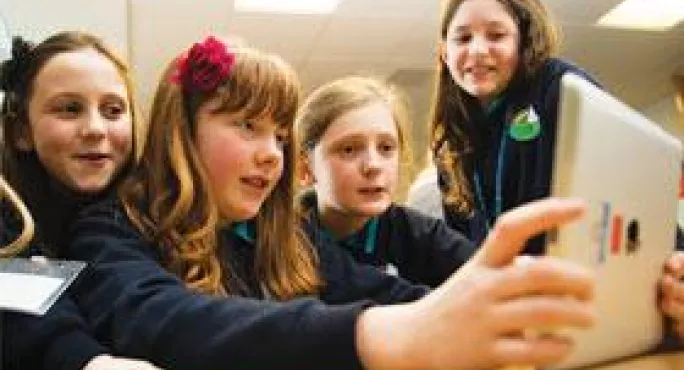Online trips offer food for thought

Online video technology used by schools to contact Nasa astronauts can replicate the experience of a foreign school trip without children ever having to leave the classroom, according to the backers of a scheme that has just arrived in Scotland.
Those behind the Eat Happy Project say the approach will ensure that children from deprived backgrounds do not miss out, because it offers “a cheaper way of giving children access to overseas field trips”.
But sceptics say that the online “trips”, run by supermarket giant Tesco, will never be able to match a genuine outdoors experience. They argue that a better way to address poverty gaps would be to organise more local excursions.
Research carried out recently by Tesco, YouGov and Schoolzone found that three-quarters of UK primary teachers reported that cost was a barrier to school trips. In Scotland, 87 per cent of parents believed that field trips were an important part of a child’s education but nearly a quarter found it difficult to pay for them.
Eat Happy uses Google+ Hangouts technology, which was launched in the US last year and has enabled schoolchildren to contact Nasa astronauts.
Edinburgh’s Niddrie Mill Primary recently became the first school in Scotland to sample Eat Happy’s online “field trips”. Destinations for the live, food-themed discussions include the Italian countryside, Indian rice fields and the Wensleydale Creamery in the Yorkshire Dales. The aim is for pupils to learn about where their food comes from.
“This sounds like an interesting initiative and an inexpensive way to help children access the wider world,” said Greg Dempster, general secretary of the Association of Headteachers and Deputes in Scotland. “But it would be hard to imagine that it wouldn’t fall far short of being a substitute for the real-world experience of a trip.”
Jackie Brock, chief executive of national agency Children in Scotland, agreed. “While an online field trip may offer important learning experiences in its own right, it should not be viewed as a substitute for the real thing,” she said, explaining that interaction with the physical environment would have a “lifelong impact” on children’s health, sense of identity and understanding of the world.
“Making sure children have access to outdoor learning and experiences close to home can be just as valuable as trips abroad, which are often prohibitively expensive for many families,” she added.
Eileen Prior, executive director of the Scottish Parent Teacher Council, said: “Schools are like every other organisation in that the internet provides some great opportunities for linking with others and sharing, but at the end of the day this is not a substitute for the whole experience of a field trip.”
She cited a recent report from children’s commissioner Tam Baillie and charity Save the Children showing that poverty and disability often caused children to miss out on school trips and other experiences. Every school trip should be accessible to all children, Ms Prior insisted.
“We know many parents struggle to afford trips, but this should not be a reason to lessen the quality of the educational experience for children,” she said.
Martin Davidson, Scottish director for the Outward Bound Trust, said that his organisation had recently carried out a social-impact report which underlined that outdoor learning should play a pivotal role in education.
Niddrie Mill teacher Cheryl Miller said in an interview for Eat Happy that school trips tended to be local and there were fewer of them than in the past, but that her pupils had taken an online tour to a pasta factory in Naples, Italy, and talked to the company’s chief executive.
“I think it’s a fantastic experience - it gives [pupils] an opportunity that they wouldn’t normally get,” she said.
Tesco UK managing director Chris Bush said that the online visits were not intended to replace traditional school trips but to complement them.
Keep reading for just £1 per month
You've reached your limit of free articles this month. Subscribe for £1 per month for three months and get:
- Unlimited access to all Tes magazine content
- Exclusive subscriber-only stories
- Award-winning email newsletters



